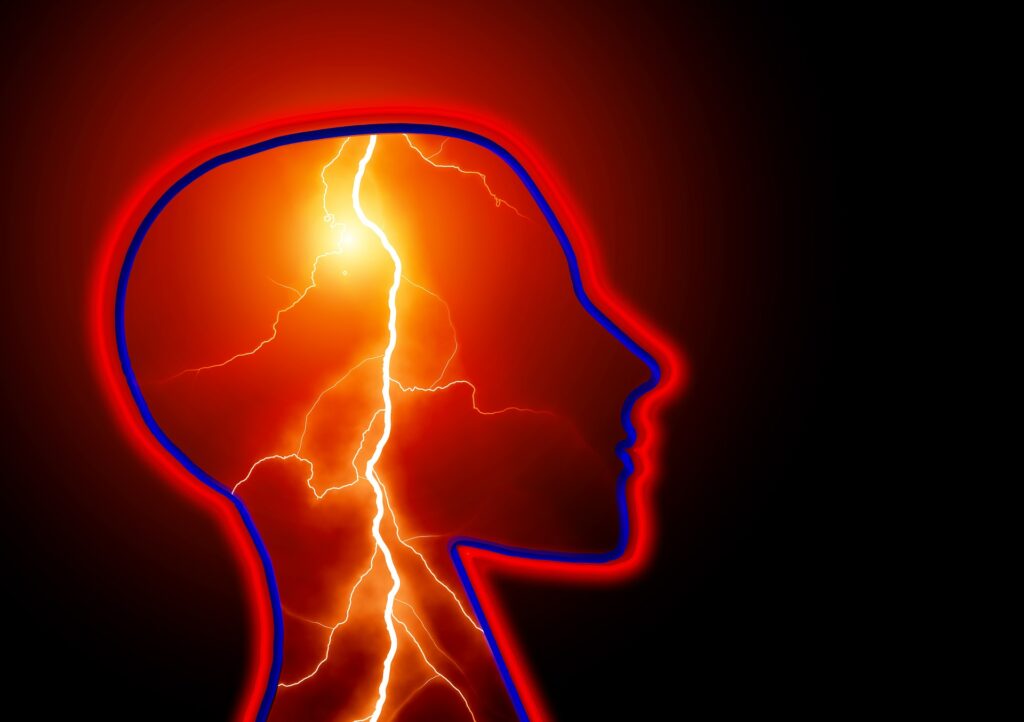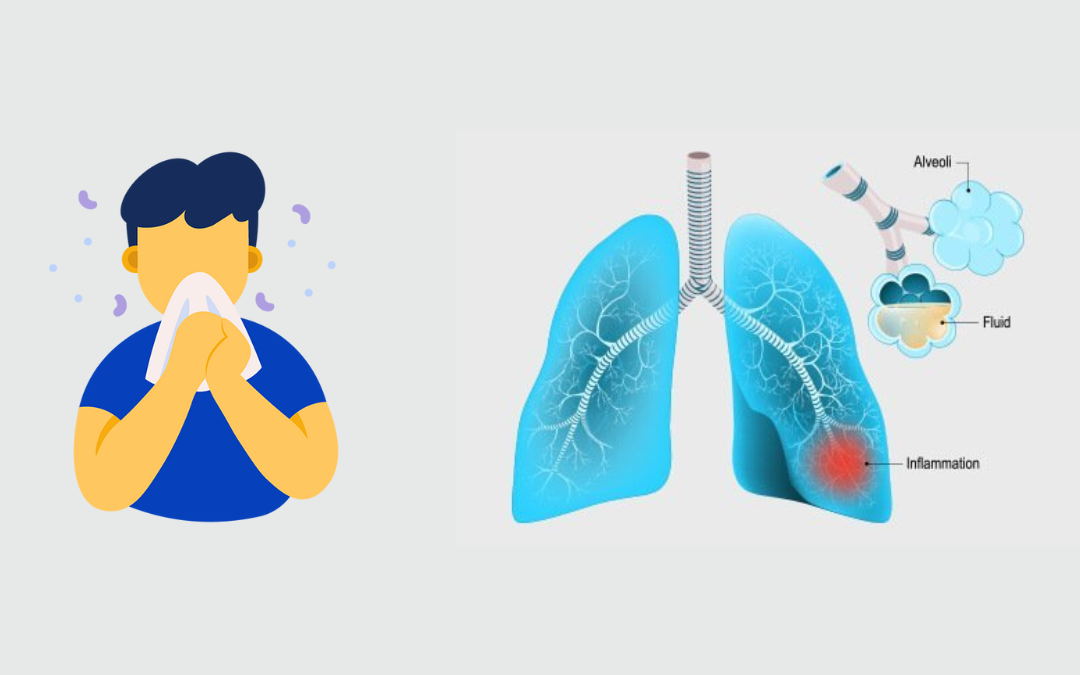According to the World Health Organization, the disease that causes the most deaths worldwide is ischemic heart disease.
According to the WHO, deaths from the disease in 2019 represented 55% of the total number of people who died that year worldwide, some 55 million people.
As the years go by, people are more prone to suffer from different types of diseases due to the wear and tear that the body has had over time. According to the World Health Organization (WHO), the term “disease” refers to the changes or abnormalities that occur in one or more parts of the body due to well-known causes, resulting in the appearance of specific symptoms and signs that can be predicted to a certain extent. As such, the disease infers from a natural process in which health deteriorates and everyone tends to suffer from it. However, there are ways to mitigate the impact that diseases can have, such as healthy eating, physical exercise, strengthening mental abilities, and putting aside bad habits such as smoking, among others. With this, it is also important to visit the doctor periodically to validate that everything is in order.
These are the diseases you can catch when you enter a pool; so you can prevent them
Now, against this background, today, the cause of death of millions of people is a disease. Therefore, the Mundo Deportivo web portal indicates that according to WHO data, deaths from the disease in 2019 represented 55% of the total number of people who died that year worldwide, some 55 million people.
Thus, the most recent WHO report, these are the 10 causes of death by disease in the world:
Ischemic Heart Disease

The disease that causes the most deaths worldwide is ischemic heart disease, responsible for 16% of all deaths. As such, WHO figures detail that mortality from this disease has been increasing since the year 2000, going from more than 2 million deaths in 2000 to 8.9 million in 2019.
Cerebrovascular Accident

In the second place, there are cardiovascular accidents; in the third place, obstructive pulmonary disease. These conditions account for approximately 11% and 6% of total deaths, respectively.
The disease that causes the most deaths worldwide is ischemic heart disease, responsible for 16% of all deaths.
Respiratory Tract Infections

In fourth place were more infections that affect the lower respiratory tract. It must be taken into account that these data, provided by the WHO, do not include information on the effects of the pandemic covid-19 ″, which indicates the portal in question.
Neonatal Conditions

Specifically, these diseases encompass birth asphyxia and birth trauma, neonatal sepsis and infections, and complications of preterm birth. Despite the fact that the number of deaths in absolute numbers has decreased in the last two decades; these conditions have claimed the lives of two million newborns and young children in 2019 or 1.2 million fewer than in 2000.
Neonatal diseases are among the ten causes of mortality in the world. –
Noncommunicable Diseases

In the sixth position are non-communicable diseases such as tracheal, bronchial, and lung cancer. Over the years there has been an increase in mortality from this cause.
Alzheimer
Both Alzheimer’s and other forms of dementia have been ranked seventh. According to WHO data, these conditions affect women more frequently, since 65% of deaths from Alzheimer’s and other forms of dementia in the world correspond to women.
What are acute diseases?
Diarrheal Diseases
Among the largest deaths in number of deaths is that of diarrheal diseases, which have gone from 2.6 million deaths in 2000 to 1.5 million in 2019 worldwide.
When vomiting occurs along with diarrhea it can be a symptom of gastroenteritis.
Diabetes
In tenth place is diabetes, a disease that alters the level of glucose in the blood due to factors such as diet, and lifestyle, among others. It is worth mentioning that kidney diseases are located in this same position, as one of the leading causes of death in the world.

